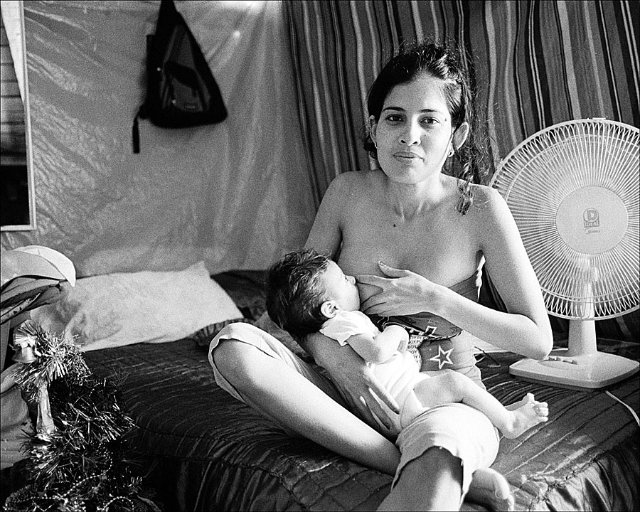porktaco
Well-known
the most pixels

Assertion: The most important thing in photography, overwhelming everything else, is the ability to see a good picture before you press the shutter.
Assignment: Is this true? If so, explain. What do you do after you see the opportunity for that picture?
I frame in terms of what I want to include, and naturally when i want to snap the shutter – and I don't worry about how the picture's gonna look, I let that take care of itself. You know, I - we know too much about how pictures look and should look. And how do you get around making those pictures again and again? It's one modus operandi to frame in terms of what you want to have in the picture – not about how to make it a nice picture. That, anybody can do.
...You don't learn anything from repeating what you know, in effect. So I keep trying to make it uncertain. ....hopefully, your risking failing every time you make a frame.
I think if you look in advance for photos that you know will be good, you will always get photos that are merely good.
Assertion: The most important thing in photography, overwhelming everything else, is the ability to see a good picture before you press the shutter.
Assignment: Is this true? If so, explain. What do you do after you see the opportunity for that picture?
Most things can be taught. Not sure about vision/ability to see the picture.
Dear Bob,I think if you look in advance for photos that you know will be good, you will always get photos that are merely good.
But if you search for photos that may be great or may be a stinker, you will occasionally get some great photos and a whole lot to reject. These are the high risk / low probability photos. I am happy to get one usable photo per day.
I hope you grasp the difference being more than merely semantic.
FWIW, I don't think you can identify any one thing that is most important. It changes with every photo.
is light. There are many important things.The most important thing in photography
Without wishing to sound daft I'd suggest a blank mind. Any preconceptions I may have; i.e what I may hope to find, always results in appallingly dull pictures.
I think this touches on Bob's point. Take risks and keep shooting for as long as you can. Nothing hinders me more than expectation and I expect too much 🙂
... having interest into the subject to be photographed.
Assertion: The most important thing in photography, overwhelming everything else, is the ability to see a good picture before you press the shutter.
Assignment: Is this true? If so, explain. What do you do after you see the opportunity for that picture?
